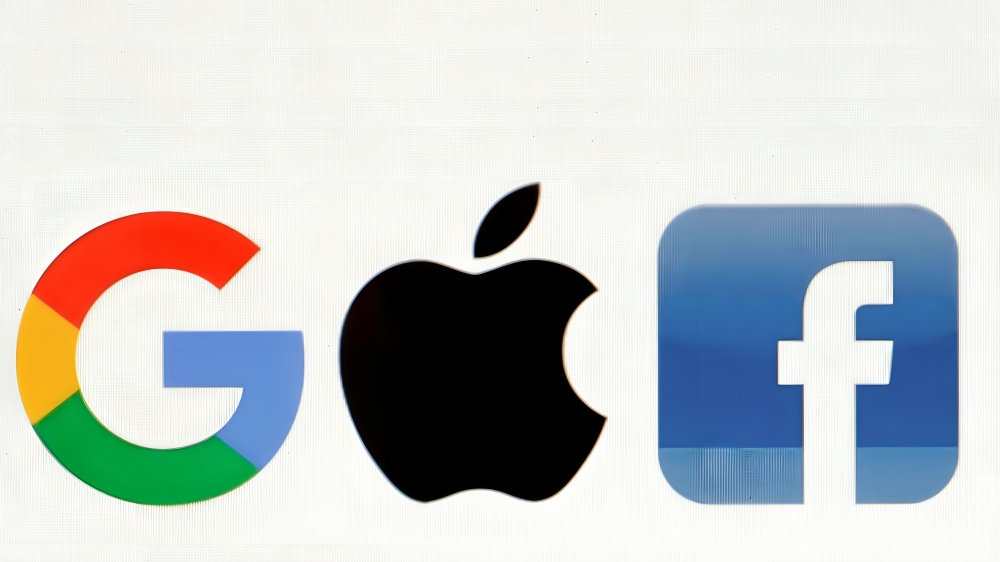The $14 Billion AI Google Killer
A new AI darling is making waves in Silicon Valley. It’s called Perplexity, and according to reports, both Meta and Apple have quietly explored acquiring it. Valued at a staggering $14 billion following a May funding round, the startup is being hailed as a revolutionary threat to Google Search’s search dominance.
But here’s the thing: it mostly just summarizes web results and sends you links.
So why the frenzy?
Perplexity billed itself an “answer engine.” You ask a question, and it uses large language models to spit out a human-sounding summary, complete with footnotes. It’s essentially ChatGPT with a bibliography. You might ask for the best books about the French Revolution or a breakdown of the Genius Act. In seconds, it generates a paragraph with links to Wikipedia, news outlets, or Reddit threads.
Its pitch is a cleaner, ad-free, chatbot-driven search experience. No SEO junk, no scrolling.
But critics say it’s little more than a glorified wrapper around Google and OpenAI’s APIs, with minimal proprietary tech and lots of smoke. It’s fast, clean, and slick. But, they argue, at its core, it’s mostly just reorganizing the internet.
Big Tech’s Obsession
That hasn’t stopped the hype. In May 2025, the San Francisco, California based company closed another $500 million funding round, pushing its valuation to $14 billion, a sharp increase from its $9 billion valuation in December 2024. Jeff Bezos, via the Jeff Bezos Family Fund, and Nvidia are among its notable backers
And now, tech giants are circling. According to Bloomberg, Apple has held talks about acquiring Perplexity. Meta has also reportedly considered the move, though no formal offers have been confirmed.
The logic is clear. Perplexity is fast-growing and increasingly seen as a “Google killer,” especially among tech influencers and X power users. Traffic to its site has exploded in recent months. The company now offers a Chrome extension, mobile app, and a Pro version that gives users access to top-tier AI models like GPT-4 and Claude.
Still, it’s unclear what exactly makes Perplexity worth $14 billion, other than the fact that it’s riding the AI wave.
Why AI Skeptics Are Rolling Their Eyes
For AI skeptics, Perplexity’s rise is yet another example of hype outpacing substance. The site doesn’t train its own models. It’s not building new infrastructure. It’s not revolutionizing search. It’s just offering a polished interface to ask questions and get AI-generated summaries pulled from public websites.
There are also growing concerns about how Perplexity sources its information. A number of news organizations, including The New York Times, Forbes, and Wired, have accused the company of plagiarizing and scraping content without permission or proper attribution. Journalists and publishers warn that this kind of AI-powered search experience threatens to cannibalize news traffic while giving little back to content creators.
On June 20, the BBC became the latest outlet to threaten legal action against Perplexity AI, alleging that the company is using BBC content to train its “default AI model,” according to the Financial Times.
Perplexity CEO Aravind Srinivas has defended the company as an “aggregator of information.” In July 2024, the startup launched a revenue-sharing program to address the backlash. “We have always believed that we can build a system where the whole Internet wins,” Srinivas said at the time.
So Why the Gold Rush?
Simple. Search is money. Google earned $50.7 billion from search ads in the first quarter, a 9.8% increase year over year. If Perplexity can convince even a small share of users to switch, and then monetize that experience, it becomes a real threat. Apple and Meta, both increasingly wary of relying on Google, see Perplexity as a fast track into the AI search race.
But the stakes go even deeper. Whoever controls the next search interface controls the user. Just as Google replaced Yahoo, Perplexity could theoretically replace Google. That’s why Big Tech wants in, even if it’s not entirely clear what they’re buying.












